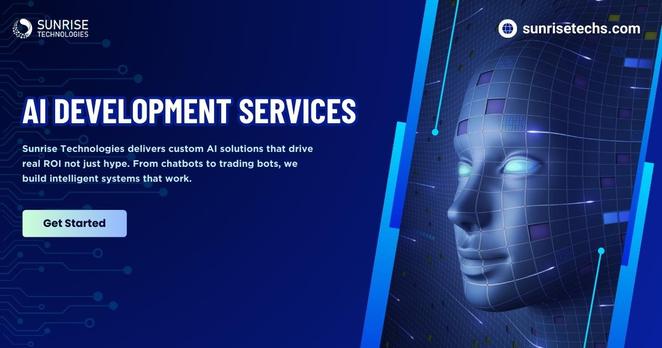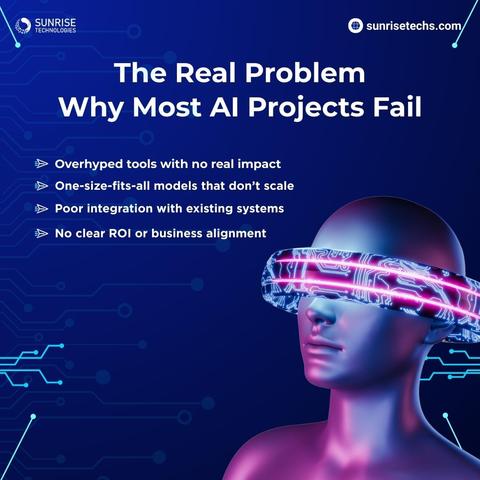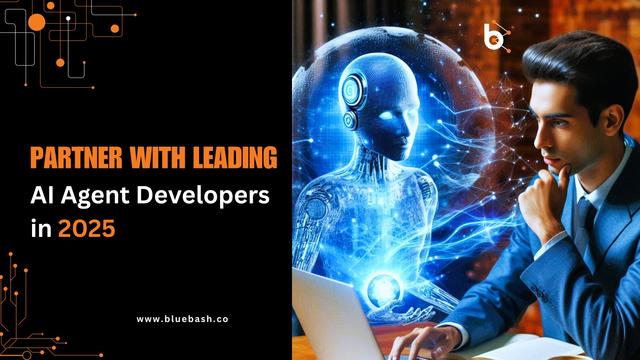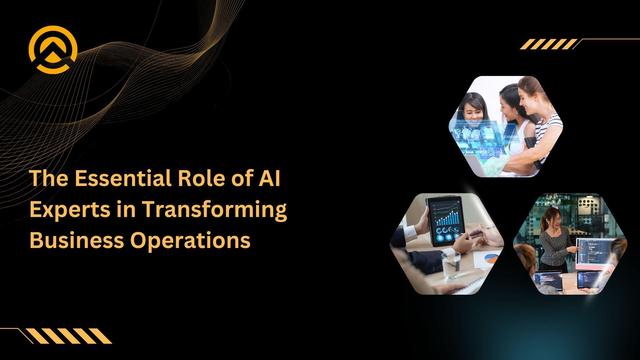Just because people used to think the Earth was flat didn't make it true, but that's what an #LLM from the Middle Ages would have told you. Let that sink in for a moment before you read on.
I'm sure there are #AIexperts who can explain this with more mathematical accuracy than I can, but from a social perspective this is the current existential problem we face with LLMs, #AI #datasets, and all the rest. While you can tune these engines to be more "creative" in a non-human sense, when you're talking about ingesting or even sampling vast quantities of data there's a strong tendency for #regressionTowardTheMean.
In layman's terms, when Google or #OpenAI suck up the whole Internet and feed it every social media post they can lay their hands on, the end result can't be a curated expert opinion. Instead, what you get is a linguistic representation of the average response based on n-grams and statistical probabilities, possibly supplemented with real references in a #RAG system or entirely made up because they seem linguistically plausible in others. Either way a language model, regardless of size or complexity, is just filling in the blanks based on statistics, probabilities, and (sometimes) explicit rules or collaborative engines to do things like filter out profanity and known-bad responses.
Without #XAI, sensible #AIgovernance, and #copyrightreform various commercial interests are a lot closer to dumbing down AI systems than they are to making them smarter. AI systems have a lot of potential, but our current market-driven approach incentivizes all the wrong behaviors by both for-profit companies and the #ML systems and resulting data sets that they're monetizing.
AI systems can become expert systems that support human endeavors, but not if we allow them to be entirely autonomous systems that parrot back some variation of "Most people say…". As a global society, we need to do better than that. We can, and we must!
https://www.linkedin.com/feed/update/urn:li:activity:7242914151101071361/








